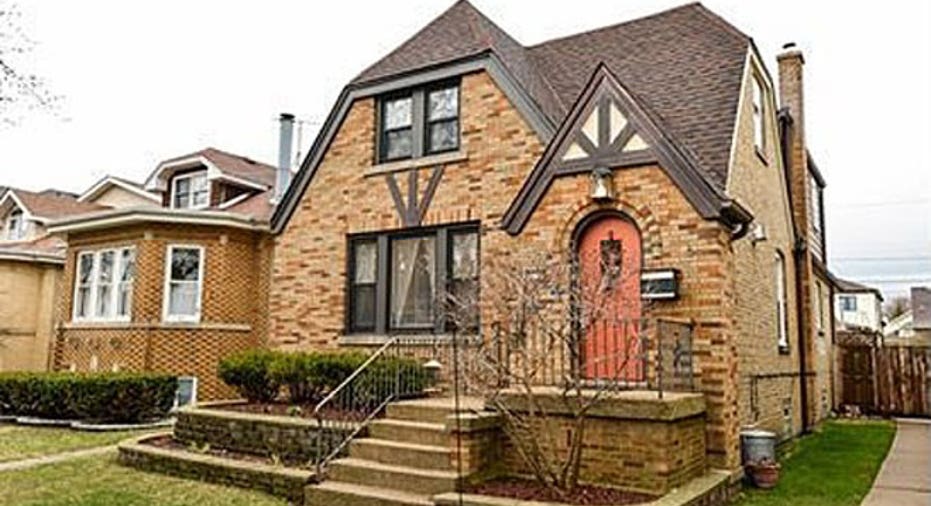Biweekly Mortgage Payments Could Be a Bad Idea

Buy a house or refinance your mortgage and you become instantly popular — with contractors, carpet cleaners and others who want to sell you services for your home. That list also includes companies offering biweekly mortgage payments. These firms promise to save you thousands of dollars in interest, but that is one envelope you definitely want to toss in the “circular file” as junk mail.
That's because you may not save much, you will end up paying unnecessary fees and you can easily set up biweekly mortgage payments for free. There is another reason, too — accelerating your mortgage payoff might be one of the worst things you can do with your money.
A biweekly mortgage payment works like this: instead of sending one payment per month, you send a half payment every two weeks. Since there are 52 weeks in a year and not 48, those 26 payments add up to equal one full monthly mortgage payment extra annually.
Because balances on mortgages are computed only once a month, the payment schedule itself does not save you any money. Pre-paying does cut interest on loans such as credit cards, where your balance is computed daily. With biweekly mortgage payments, however, the entire savings comes from paying down the balance to the value of a thirteenth monthly payment each year.
For years, personal finance experts have criticized the plans as needlessly expensive because you can do this yourself. Either online or on your payment coupon, you can direct any extra payment to be applied to your mortgage principal, and then start paying every other week. That is all there is to it.
What is more, the fees charged by companies that offer these services can seriously erode your savings. In May, the Consumer Finance Protection Board sued one company, Nationwide Biweekly Administration Inc., accusing it of making misleading promises of savings from its “Interest Minimizer” program. The bureau claimed Nationwide collected $49 million in setup fees of as much as $995 a pop and charged $84 to $101 in annual processing fees. Homeowners would have to be in the program a minimum of nine years just to recoup the fees, in one example. Nationwide has denied the charges and disputes the bureau’s findings.
The bigger question is whether pre-paying your mortgage at all is a good idea. With mortgage rates near historic lows, prepaying a loan does not make much of an impact, especially for loans of less than thirty years. You will also be tying up that cash in a very illiquid investment that you can tap only be selling or paying to take out a home equity loan. Moreover, as we have recently seen, homes can lose value, making it impossible to tap that equity.
In addition, prepaying could lower your interest payments to the point where you do not have enough expenses to itemize deductions on your tax return, eliminating your ability to write-off other deductions.
Timing the payoff of your mortgage should be part of your long-term financial plan, not just an impulsive move to cut your interest payments. In general, you will be much better off:
- taking your extra cash to make sure you have an adequate emergency fund of at least three months' worth of living costs;
- saving for your big annual expenses;
- paying off any higher-interest debt; and
- investing for retirement, especially if you are not fully claiming any employer match in a 401(k) or similar workplace account.
One way you can balance liquidity and pre-paying a mortgage is simply to send one-thirteenth of your monthly payment to a separate savings account. Let that money accumulate all year, where you can earn a bit of interest but, more importantly, where you can access the cash if you need it in an emergency or for some other purpose.
More from MoneyTips.com:Justice for Mortgage-Relief ScamsUnderstanding Loan-to-Value RatioWill Student Loan Debt Stall the Housing Market?



















